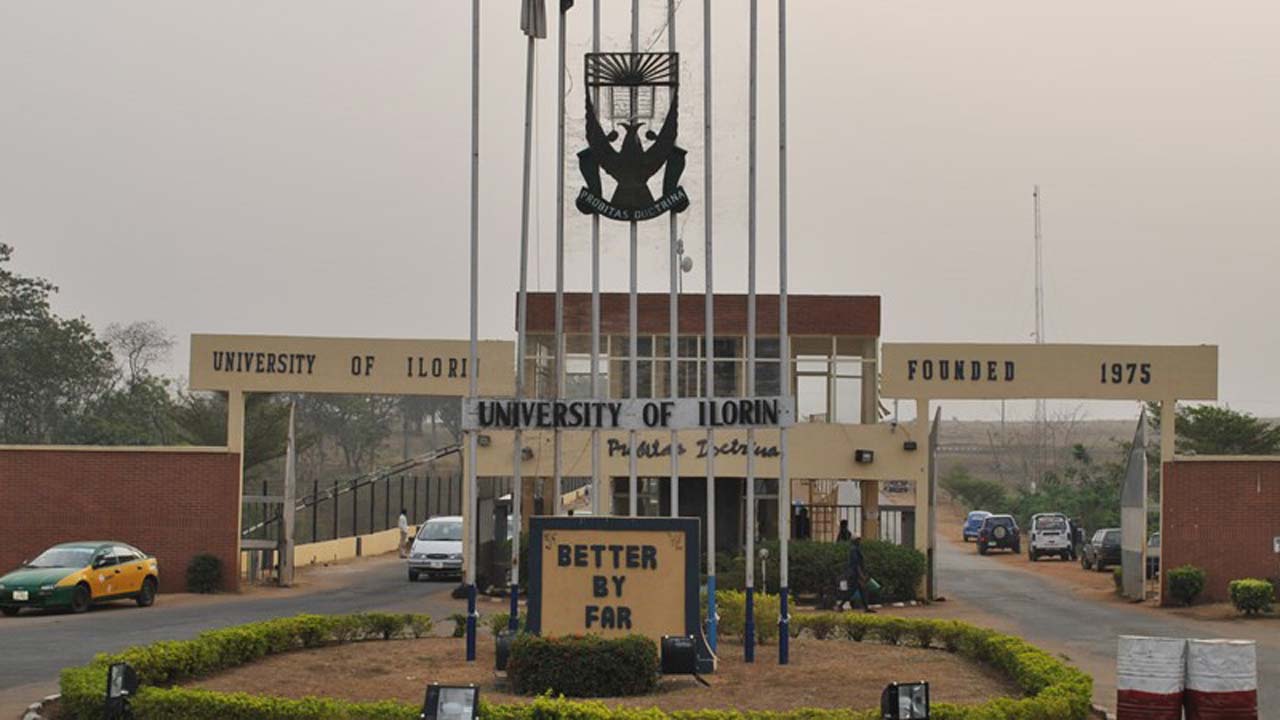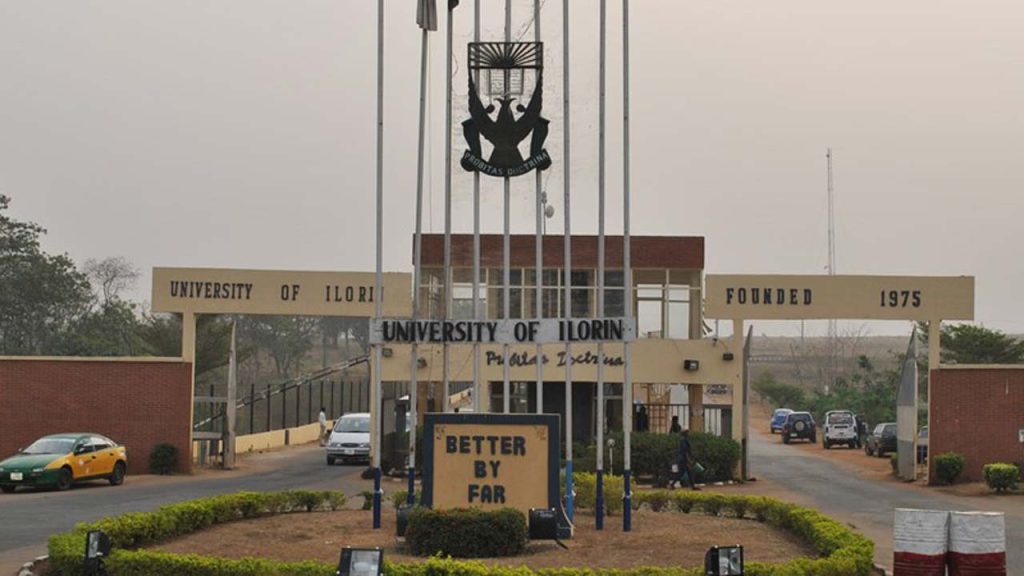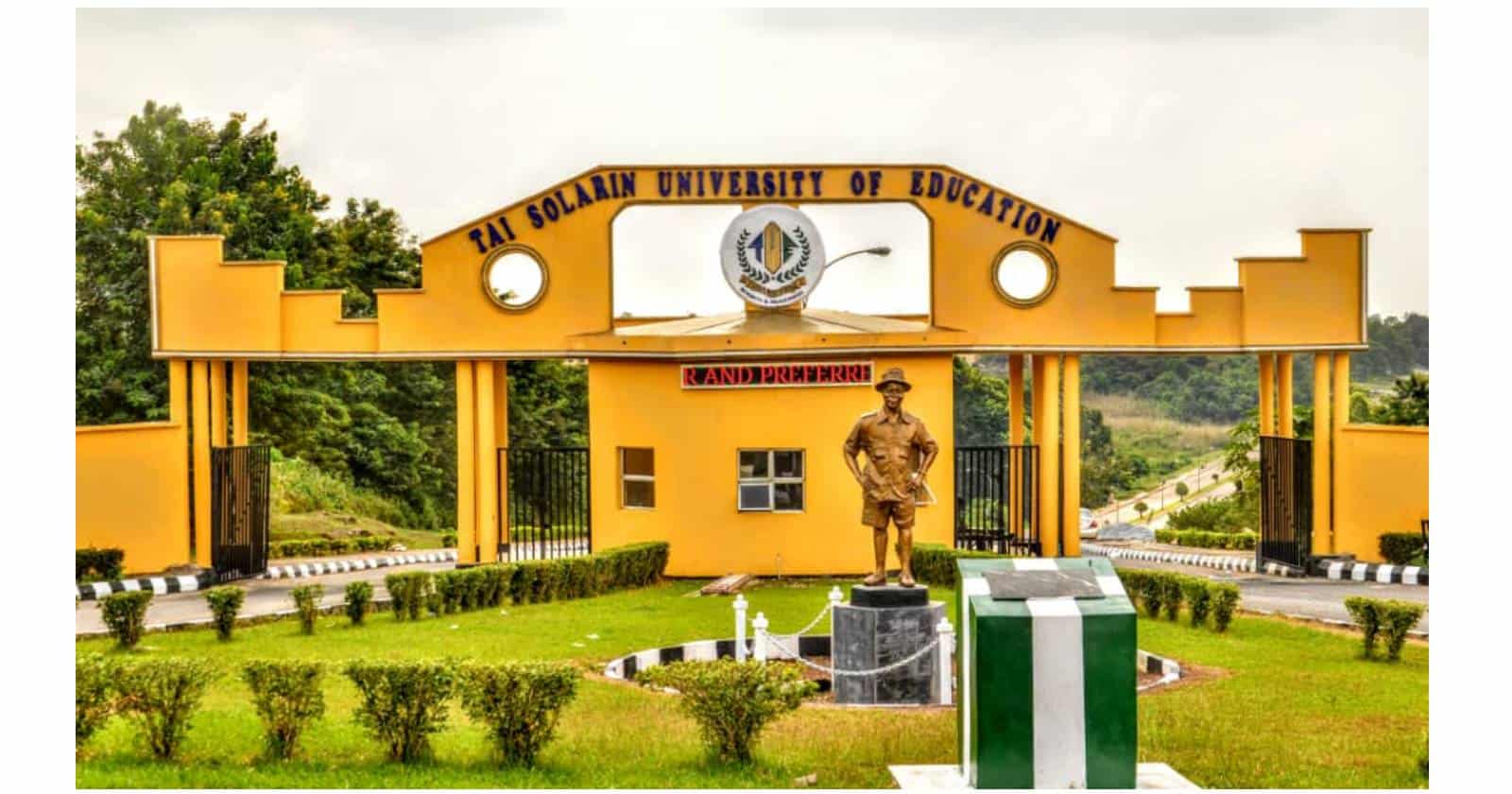UNILORIN sets benchmark for inclusive education with new centre for students with special needs


In a major step toward inclusivity and aligning with the Sustainable Development Goals (SDGs), the University of Ilorin has established a Centre for Students with Special Needs, an initiative designed to create a more accessible learning environment for all, including persons with disabilities.
This new centre is an offshoot of the already existing Centre for Supportive Services for the Deaf, demonstrating the institution’s commitment to expanding educational access and support for vulnerable populations.
The Vice-Chancellor of the university, Professor Wahab Egbewole SAN, while addressing the press at the 39th convocation ceremony, highlighted the importance of catering to the diverse needs of students.
According to him “Our belief is that all of us, all over the world, are people with special needs.
“We need to provide for that vulnerability so that the centre will be able to take care of a larger percentage of people,” he said .
Professor Egbewole also emphasized the university’s ongoing efforts to redesign its facilities to ensure accessibility for everyone, not just those with disabilities.
The initiative he said seeks to expand what the Law Faculty has already achieved in terms of accessibility, making University of Ilorin a community that welcomes and supports all individuals, regardless of physical or learning disabilities.
The establishment of the Centre for Students with Special Needs at the University of Ilorin aligns closely with the global vision set out in the Sustainable Development Goals (SDGs), particularly Goal 4, which focuses on inclusive and equitable quality education.
The SDGs, agreed upon during the 2012 United Nations Conference on Sustainable Development (Rio+20), aim to succeed the Millennium Development Goals (MDGs) and cover the period from 2015 to 2030.
These goals emphasise the importance of addressing the environmental, economic, and social aspects of sustainable development.
In this context, Goal 4 asks for the elimination of gender gaps in education, as well as equal access to all levels of education and vocational training for vulnerable groups, including those with disabilities.
By upgrading educational facilities to be child, disability, and gender-sensitive, the University of Ilorin is positioning itself as a leader in Nigeria’s higher education sector in encouraging inclusive learning environments.
The initiative also addresses the worldwide community’s desire for safe, nonviolent, and inclusive learning environments.
This is important as the world works to achieve SDG Goal 8, which calls for sustained, inclusive, and sustainable economic growth, full and productive employment, and decent work for all, including people with disabilities.
The University of Ilorin’s move exemplifies how Nigerian universities can contribute to SDG Goal 10, which strives to reduce inequality within and between countries.
By enabling and encouraging the social, economic, and political inclusion of all individuals, particularly those with disabilities, the university is paving the road for equal participation in academic and professional sectors.
Furthermore, Goal 11, which focuses on making cities and human settlements inclusive, safe, and sustainable, finds resonance with the university’s initiatives to improve public transportation and make its physical infrastructure accessible to all.
This is consistent with the global commitment to providing universal access to safe, inclusive, and green public spaces, especially for those in vulnerable situations.
Professor Egbewole’s effort also meets SDG Goal 17, which emphasises the need for data gathering and monitoring to enable accountability in the implementation of sustainable development activities.
The university is positioned to set an example in Nigeria by integrating systems to track the effectiveness of this inclusive education model, making it a baseline for other institutions.
The Vice-Chancellor’s vision in including accessibility into the university’s development strategy emphasises the institution’s position in contributing to global capacity-building initiatives.
These initiatives are in line with the UN’s need to collect disaggregated data, particularly data that represents the needs of persons with disabilities.
As the world approaches the 2030 deadline for the SDGs, the University of Ilorin’s project serves as a model for other Nigerian colleges. Its commitment to making education accessible to all, regardless of physical ability, is a source of hope for inclusive education in the country.
By aligning with the global agenda, the institution not only fulfils its objective of delivering education to all, but also cements its place as a pioneer in sustainable and inclusive development.
In a country where many people, particularly those with disabilities, still struggle to access quality education, the University of Ilorin’s Centre for Students with Special Needs is a critical step towards a more inclusive, egalitarian, and sustainable future.








